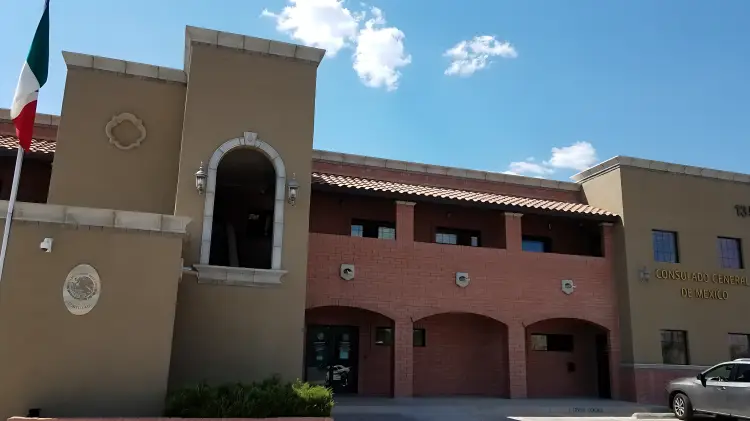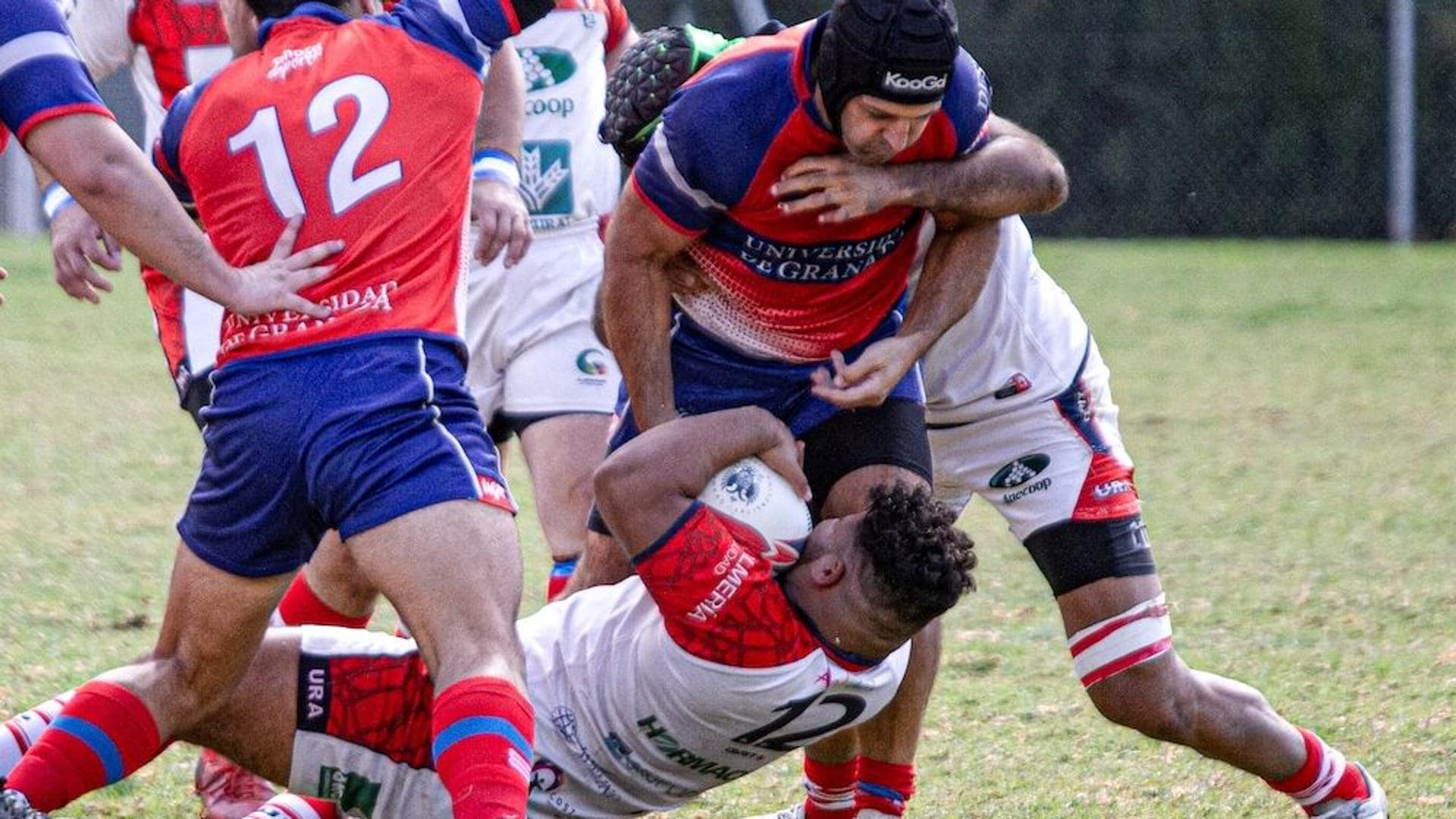According to the information available, the age group with the highest proportion of cases corresponds to 1-4 years, 5-9 years and 20-29 years with 26%, 25% and 25% respectively.
Listen to this article
Audio generated with Google AI
The Pan American Health Organization published a new epidemiological alert due to the recent identification of clusters and cases of measles in countries in the region of the Americas. Measles is a highly contagious disease that can lead to serious complications, such as pneumonia, encephalitis, and death. Although preventable through vaccination, The disease has experienced a resurgence in several nations due to declining immunization rates.
In 2024, the agency says, 14,373 suspected cases of measles have been identified, of which 376 cases have been confirmed. Of those, 11 have been reported in Argentina, 3 in Bolivia, 2 in Brazil, 82 in Canada, 267 in the United States, 2 in the Turks and Caicos Islands, 7 in Mexico and 2 in Peru. All have been notified between epidemiological week 1 and week 40. Colombia does not appear in this alert with confirmed measles cases. The distribution of cases, says the OPSreveals an increase in cases starting in week 7, with the maximum number of cases recorded in week 12.
According to the information available, the age group with the highest proportion of cases corresponds to 1-4 years, 5-9 years and 20-29 years with 26%, 25% and 25% respectively.
Children ages 1 to 4 are at high risk for serious complications due to their developing immune systems. This population is more susceptible to diseases such as pneumonia, severe diarrhea and encephalitis, which can lead to hospitalization or even death. Children ages 5 to 9 also face significant risks, especially in school settings where the virus can spread quickly. On the other hand, young adults aged 20 to 29, mostly unvaccinated, can suffer severe complications such as encephalitis. Furthermore, by being in contact with children and vulnerable people, they play a crucial role in the spread of the virus.
Regarding vaccination history, PAHO reports with concern that 57% of the cases were not vaccinated and in 28% said information was unknown or absent.
Vaccination coverage, the problem
During 2024, the Pan American Health Organization has warned twice (on January 29 and June 3) about the decrease in coverage of the first and second doses of the vaccine against measles, rubella and mumps. . For the first dose, 28.6% of the countries achieved coverage greater than 95%. 35.7% had coverage between 90% and 94%, 21.4% between 80% and 89%, and 14.3% had coverage below 80%. Regarding the second dose, only 16.7% of the countries achieved coverage greater than 95%, while 50% had coverage lower than 80%. Overall, coverage for the first dose in the region was 87%, and for the second dose it was 76%.
PAHO recommends that countries continue efforts to strengthen surveillance, rapid response, and achieve adequate vaccination coverage, “given that these constitute the three major strategies to interrupt the endemic transmission of these viruses.” The agency points out that, in addition to these vaccination levels, other elements such as the active circulation of the virus in several countries in other regions of the world, the significant increase in the movement of people within the region of the Americas and from other regions of the world, and the increase in dengue cases in the region could mask potential cases of measles or rubella, due to the similarity of the clinical manifestations of these diseases.
Epidemiological surveillance is essential to detect cases, the governing health body insists. The epidemiological alert recommends strengthening this surveillance in areas considered high risk and in border areas, carrying out active searches in communities and health services. Additionally, laboratory tests should be performed on samples obtained to identify possible undiagnosed cases of measles and rubella. It is essential, PAHO reminds, to collect serum samples and other fluids in suspected cases for analysis, ensuring their correct transport to reference laboratories.
In terms of rapid response, PAHO advises reviewing and adjusting operational plans to ensure that health systems are prepared, especially in risk areas.
A response protocol should also be immediately activated for imported cases of measles or rubella, ensuring proper management of patients in hospitals to prevent transmission within the facilities. Finally, in the context of mass events and international travel, it is recommended that all travelers six months or older, who do not have proof of vaccination, receive the MMR vaccine at least two weeks before traveling to areas with transmission. If they develop symptoms during their trip, they should seek medical attention, avoid close contact and remain at their place of lodging. Upon their return, they should contact health services if they suspect they have contracted the disease.
👩⚕️📄Do you want to know the latest health news? We invite you to see them in El Espectador.⚕️🩺


